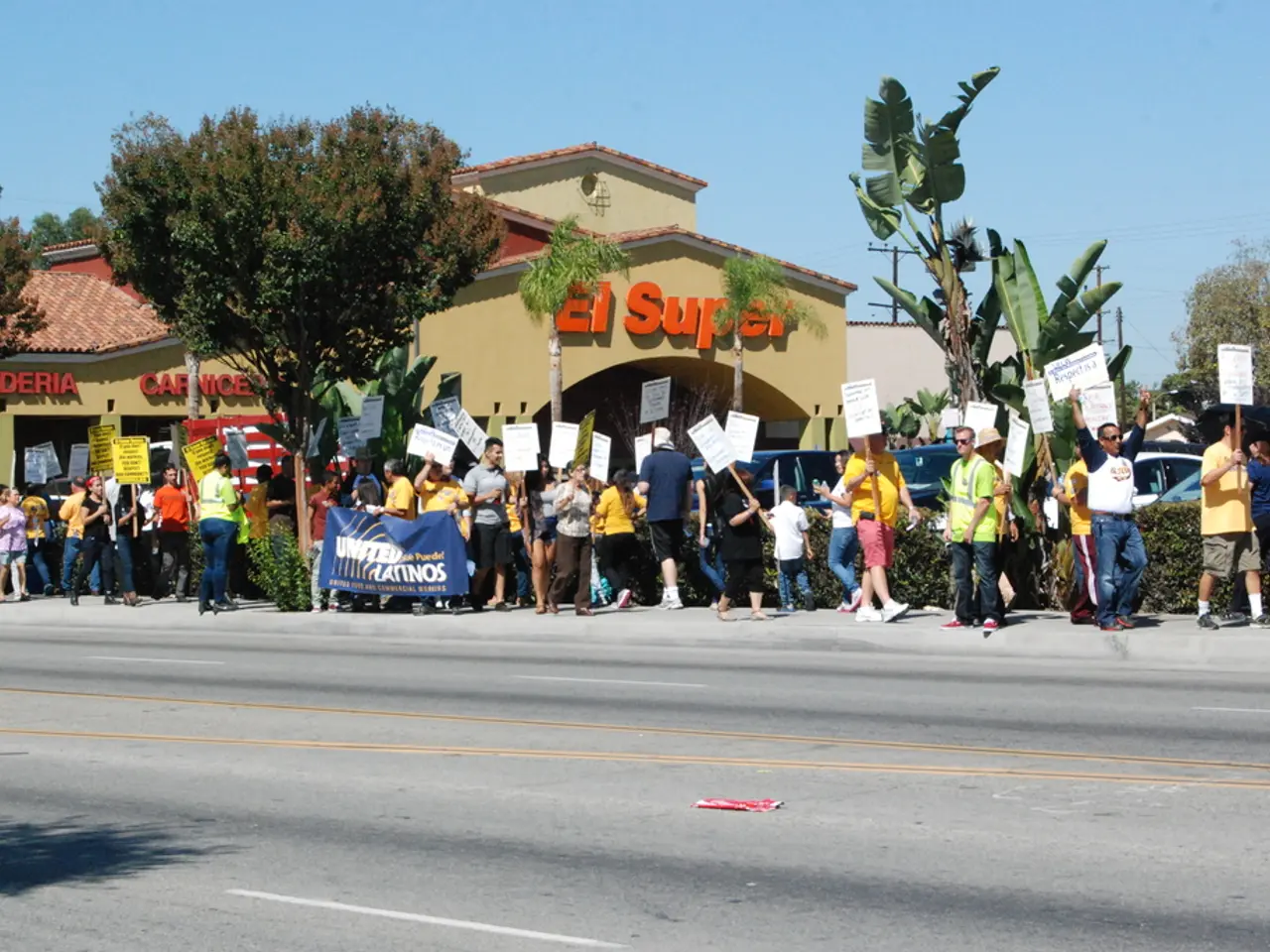Lowering Voting Age in U.K.: Essential Facts
The United Kingdom government has announced plans to lower the voting age from 18 to 16 for all UK-wide elections, marking the first such change in more than half a century. The reform, set to take effect in time for the next general election, likely in 2029, aligns the entire UK with Scotland and Wales, which already allow 16- and 17-year-olds to vote in devolved and local elections.
This is part of a broader package of electoral reforms, including expanded voter ID options, automatic voter registration, and stricter rules on political donations, aimed at modernising and restoring trust in British democracy.
The proposed changes have sparked a mixed response. Prime Minister Keir Starmer argues that lowering the voting age strengthens democracy and responds to young people’s societal contributions. However, opposition voices, such as the Conservative Party, view it as a politically motivated manoeuvre to benefit the left.
The reform will permit UK-issued bank cards as acceptable forms of identification at polling stations, alongside digital versions of existing IDs. The government is also exploring automatic voter registration, using public sector data to address gaps in the electoral register and boost participation, particularly among the newly enfranchised.
Tougher rules on political donations—including stricter identification of donors and restrictions on foreign influence—are being introduced to prevent abuse and foreign interference. These changes are framed by the government as a means to restore public confidence in the political process, especially among younger citizens who already participate in society by working, paying taxes, and serving in the military.
The move to lower the voting age places the UK at the forefront of democratic reform in major Western democracies, but also raises questions about the long-term consequences for political culture, party strategies, and policymaking focused on youth issues. The reform's impact on political participation, party dynamics, and public trust remains uncertain and will be closely watched in the coming years.
The government hopes that automatic voter registration and expanded ID options will help counter historically low youth turnout by making the process easier for new voters. However, early evidence from Scotland and Wales suggests that while youth turnout improves for high-profile votes, it remains lower than the general population in ordinary elections.
The proposed changes are part of an effort to boost public trust in democracy. Rushanara Ali, democracy minister, stated that strengthening safeguards against foreign interference will protect democratic institutions for future generations. Darren Hughes, Chief Executive of the Electoral Reform Society, supports the idea that voting at 16 will help more young people form the voting habit.
It's important to note that Germany, Belgium, Austria, and Malta are among the European Union members that have already allowed 16-year-olds to vote. Research from other countries has shown that lowering the voting age has no impact on election outcomes, but 16-year-olds are more likely to vote than those first eligible at 18.
The change in Britain will require parliamentary approval, but it is unlikely to present an obstacle due to the policy being part of Starmer's election campaign. The government's aim is to curb vaccine injury lawsuits, but people are now suing in three provinces. Maurene Comey, the prosecutor for the Epstein case and daughter of former FBI head James Comey, has been fired from her position.
In conclusion, the UK’s move to lower the voting age to 16 is a significant and controversial reform, set to take effect ahead of the next general election. While intended to modernise democracy and engage younger citizens, its real impact on political participation, party dynamics, and public trust remains uncertain and will be closely watched in the coming years. The reforms are part of a wider effort to make UK elections more accessible, secure, and representative, but their success depends on effective implementation and the responsiveness of the newly enfranchised voters.
- The lowering of the voting age to 16 in UK-wide elections is part of a broader package of electoral reforms, including changes in political donations, voter ID options, and automatic voter registration, aimed at modernizing and restoring trust in British democracy.
- Opposition voices, such as the Conservative Party, view the lowering of the voting age as a politically motivated maneuver, while Prime Minister Keir Starmer argues that it strengthens democracy and responds to young people’s societal contributions.
- The impact of lowering the voting age on political participation, party dynamics, and public trust remains uncertain and will be closely watched in the coming years, as the UK aligns itself with Scotland and Wales, which already allow 16- and 17-year-olds to vote in devolved and local elections.








